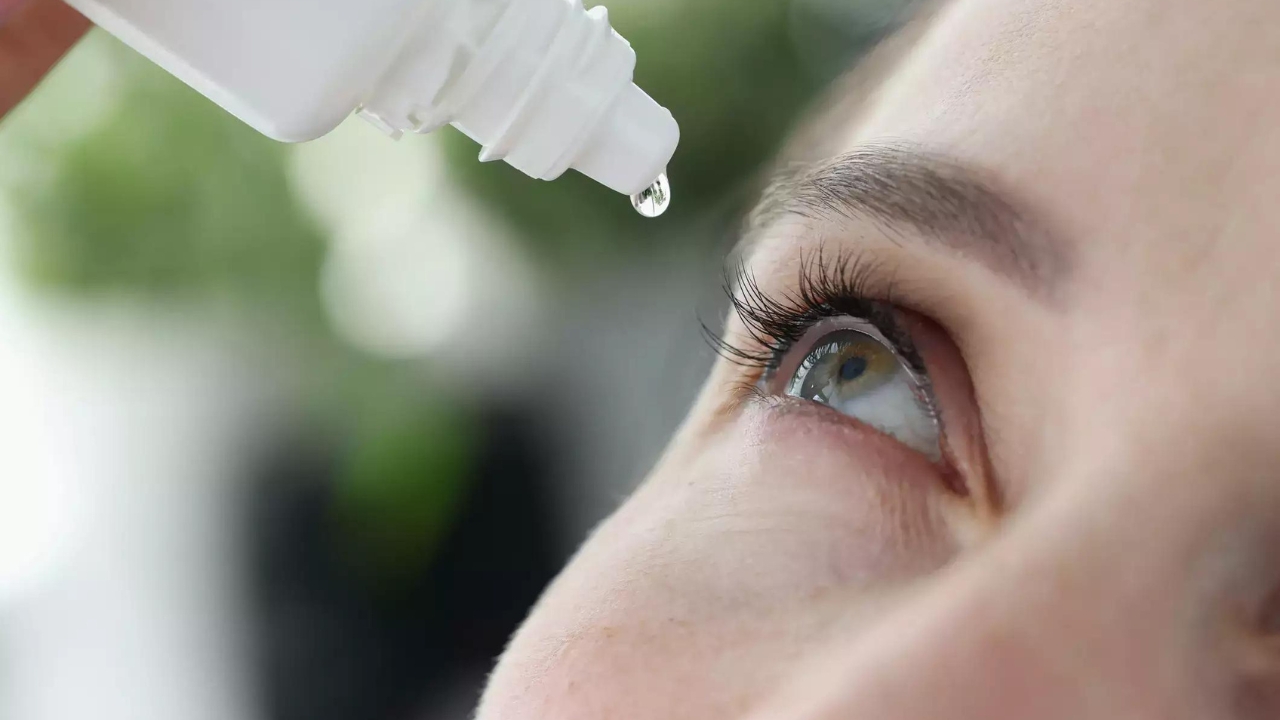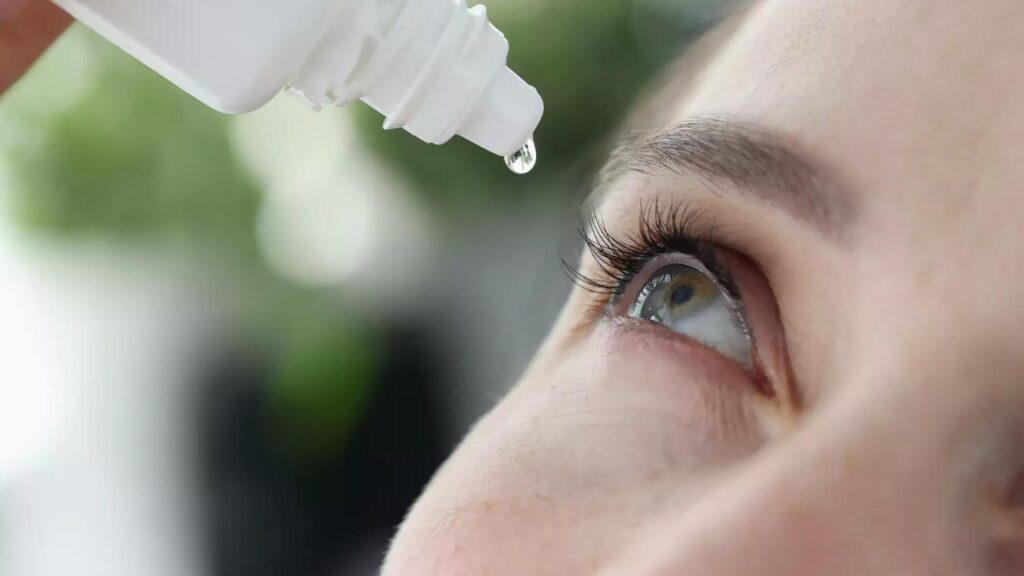Do Eye Drops Replace Reading Glasses?

Reading glasses, whether they are prescribed or purchased over the counter, are an important component of many individuals’ day-to-day routines. As individuals live longer and spend more time in front of screens, they have a greater need for corrective lenses like reading glasses. A new drug, on the other hand, can improve your near vision to the point where you no longer need glasses.
What is Presbyopia?

A disorder known as presbyopia, or age-related farsightedness, is a visual impairment that impairs a person’s ability to focus on objects that are near up as they get older. A typical component of the aging process, presbyopia affects close to 80 percent of American adults between the ages of 45 and 55.
After age 40, symptoms may include:
- The close vision is hazy
- Headaches
- Holding the books farther away
- Eye fatigue
- After reading, double vision, and have trouble seeing in low light
- Difficulty switching between far-off and up-close objects
- Fatigued after using a computer for a while
The natural lens of your eye becomes more rigid as you age, which contributes to presbyopia. At the same time, the ciliary muscle becomes less strong. These components determine how well your eye can focus on things that are far away as well as things that are quite close.
How do Vuity eye drops work?
Vuity is the first and only eye drop that has been authorized for use as a treatment for presbyopia by the Food and Drug Administration in the United States. Pilocarpine 1.25% is the active ingredient in Vuity, and it is classified as a miotic. Miotic drops temporarily constrict your pupil, producing an effect similar to that of a pinhole in your eye. This stimulates your eye’s natural capability of seeing in close quarters.
Pilocarpine is not a new pharmaceutical; in fact, it has been utilized as a treatment for glaucoma ever since it was first developed in the 1870s. Studies have shown that pilocarpine is an effective and safe treatment for presbyopia. This is despite the fact that pilocarpine has mostly been supplanted by newer, more effective medications for the treatment of glaucoma.
Does a Vuity eye drop work for everyone?
Even though Vuity is a fantastic substitute for eyeglasses, not everyone is a good candidate for the treatment. The following are some important considerations that you should make before deciding whether or not Vuity is right for you.
Prescribed for people between the ages of 40 and 55 who suffer from presbyopia. People who don’t have particularly specific visual requirements and are able to deal with some variation in their eyesight may benefit the most from this option.
People with early presbyopia, which is characterized by a lesser need for reading correction, may benefit from this treatment more than those with advanced presbyopia (higher reading prescription).
If you have other eye illnesses, such as cataracts or a detached retina, it is possible that this treatment may not be helpful for you and that it will not be suggested.
Your eyes may get irritated if you have dry eye, allergies, or any condition that affects the ocular surface.
If you routinely drive at night or engage in risky activities when there is little available light, this option might not be suitable for you (such as operating heavy machinery).
It is highly recommended that you discuss your options regarding Vuity with your eye doctor. They are also able to provide alternate solutions such as the recommendation of contacts, glasses, or corrective surgery.
What is the best way to use Vuity eye drops?
When administering Vuity, one drop of the medication is put in each eye once daily. After 15 minutes, the drug will begin to take effect, and its full effects will remain for around 6 hours, with some lingering effects lasting up to 10 hours. If you so choose, you can apply the drops once more the following day.
Since Vuity does not improve distance vision, you may still require the use of corrective lenses like as glasses or contact lenses in order to see clearly at a distance. If you wear contact lenses, you need to wait ten minutes after administering Vuity before putting in your lenses.
Vuity may not be able to completely correct your near vision for some people, but it can help you rely less on reading glasses if you have it done. Some people have naturally good reading vision and do not require glasses or contacts for this activity.
How does Vuity affect the body?
You should be informed of essential safety information regarding this drug, as is the case with the majority of drugs. Headaches and a reddening of the eyes are typical adverse effects. Studies showed that less than five percent of participants reported these adverse effects.
If you have an allergy to any of the substances in Vuity, you should not use it. Vision may become temporarily cloudy or dark if opacity is present. Drive with extreme caution, and stay away from potentially dangerous activities that must be undertaken when the sun goes down.
Vision may become blurry or you may have trouble focusing on either nearby or far away objects when there is haze present. Pilocarpine, which is the active component in Vuity, may be linked to an increased risk of retinal detachment.
Stop using Vuity and make an appointment with your eye doctor if you find that you are suffering from any adverse effects. In the event that you suddenly experience flashes of light, floaters, or dark areas in your field of vision, you should seek emergency medical assistance. If left untreated, a retinal detachment could lead to visual loss in the affected eye, and these symptoms could be an indication of that condition.
Vuity eye drops are an innovative and promising new treatment option for patients with presbyopia. However, before you get rid of your reading glasses and try this medication on your own, you should check with your eye doctor to determine if it is appropriate for you.
In the event that you do not qualify for Vuity, other options for correcting your near vision include the use of glasses, contact lenses, laser eye surgery, and lens implant surgery.
- Your Ultimate Guide to Travel Insurance for Adventure Sports
- A Guide to Renters Insurance for Pet Owners: Pet-Proof Your Policy
- Safeguard Your Future: Understanding Identity Theft Insurance
- Safeguard Your Event: Understanding Event Cancellation Insurance
- Everything You Need to Know About Critical Illness Insurance Riders
- Home Equity Loans vs. HELOCs: Which is Right for You?












